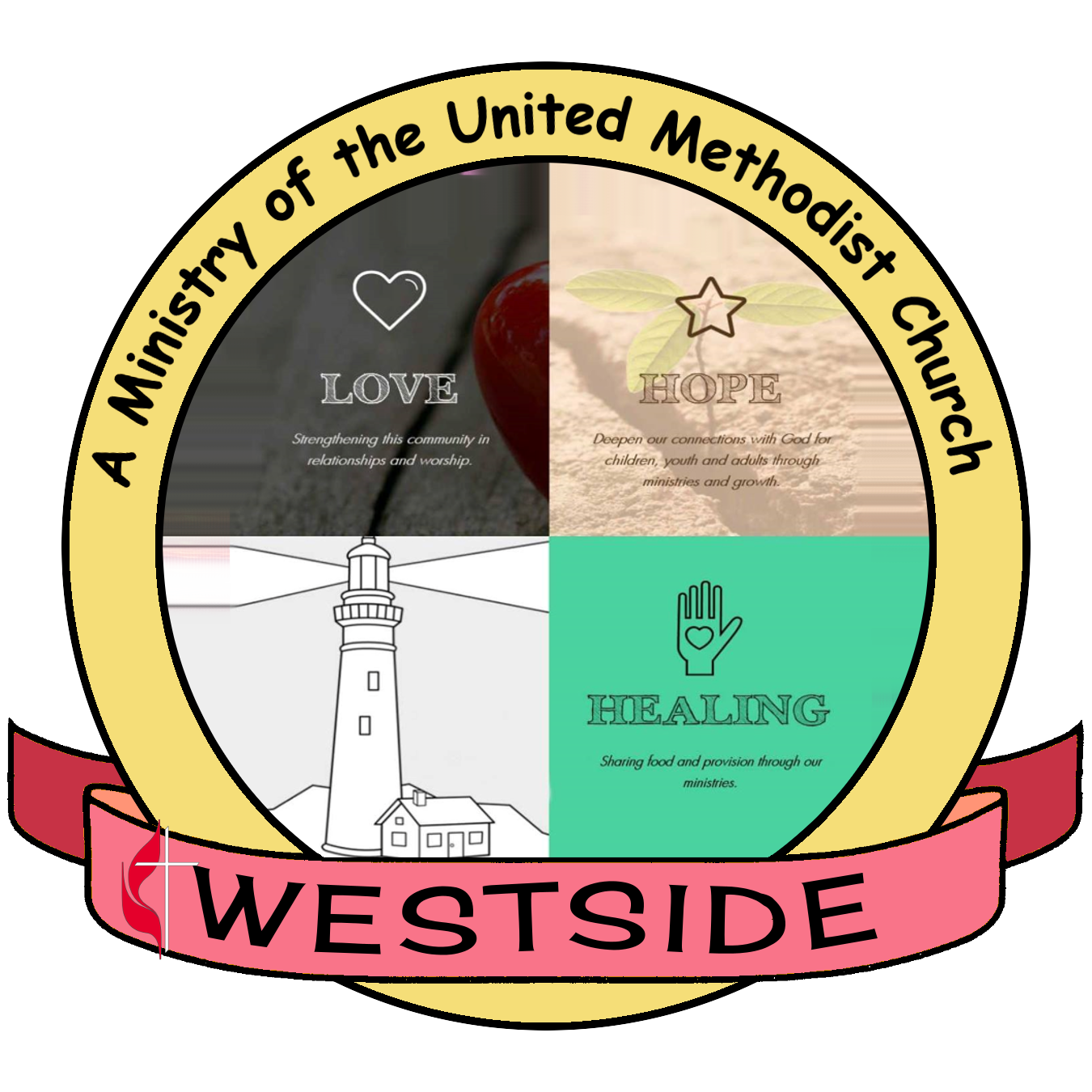We were reading Matthew 5: 17-48 aloud during our worship design team awhile back and one of the team members said regarding the word about divorce “That sounds pretty harsh.” Indeed, everything Jesus says here can sound harsh. It was a limit setting, boundary establishing, Royal Law kind of message. He was not seeking to placate the ears of his hearers, but was establishing a new ethic around violence, sexuality, marriage, oaths, revenge and real love.
He is hard hitting especially against the culture of his time. The law-keeping leadership held to the letter but avoided the law’s intent at every level. They were freely willing to divorce their wives and remarry, for example, while considering themselves “law keeping.” Even while that very action decimated the woman’s life -- no protection, no covering, no hope, no future. They felt that oaths were fine, as long as connected to holy objects, but Jesus says otherwise.
They abusively treated others, especially the Roman oppressors, but Jesus calls them instead to “turn the other cheek” and “walk the second mile.” The meaning of this call was immense, it was a literal call to force the soldier to break the law through submission.
While this might sound harsh, it was revolutionary. And indeed, as we come to it in this era, is still revolutionary now. People love keeping the letter of the law. They love attaching themselves to one phrase or another, hold that, while ignoring what might be a greater, deeper, more meaningful point.
This is Jesus. He pushed the envelope. He was the liberal in that era. He was the progressive. He was the one accused of being a drunkard and glutton because he refused to follow the traditions of his time. What are we associated with? How are we following Him today? Do others look at us as being radicals? Are we helping to push the envelope with our culture?
In John Wesley’s time he was the radical. He was kicked out of the respectable Anglican pulpits because he was preaching in a style not appreciated -- calling for repentance and salvation, indeed! Even though it was considered vile to take the Word of God outside the walls of the church institution, that is where he took it. He preached to the poorest of the poor, those considered below the upright, wealthy church-going folk. And in doing this radical, visiting prisoners, feeding the hungry, nursing the sick to health, taking literally Jesus’ call to do so, England experienced a visitation of God, and a revival which saved it from revolution.
What might Jesus be calling us to be in this era that fulfills the spirit of what it means to be followers? How might this way look to those around us? Where is radical calling to us?

